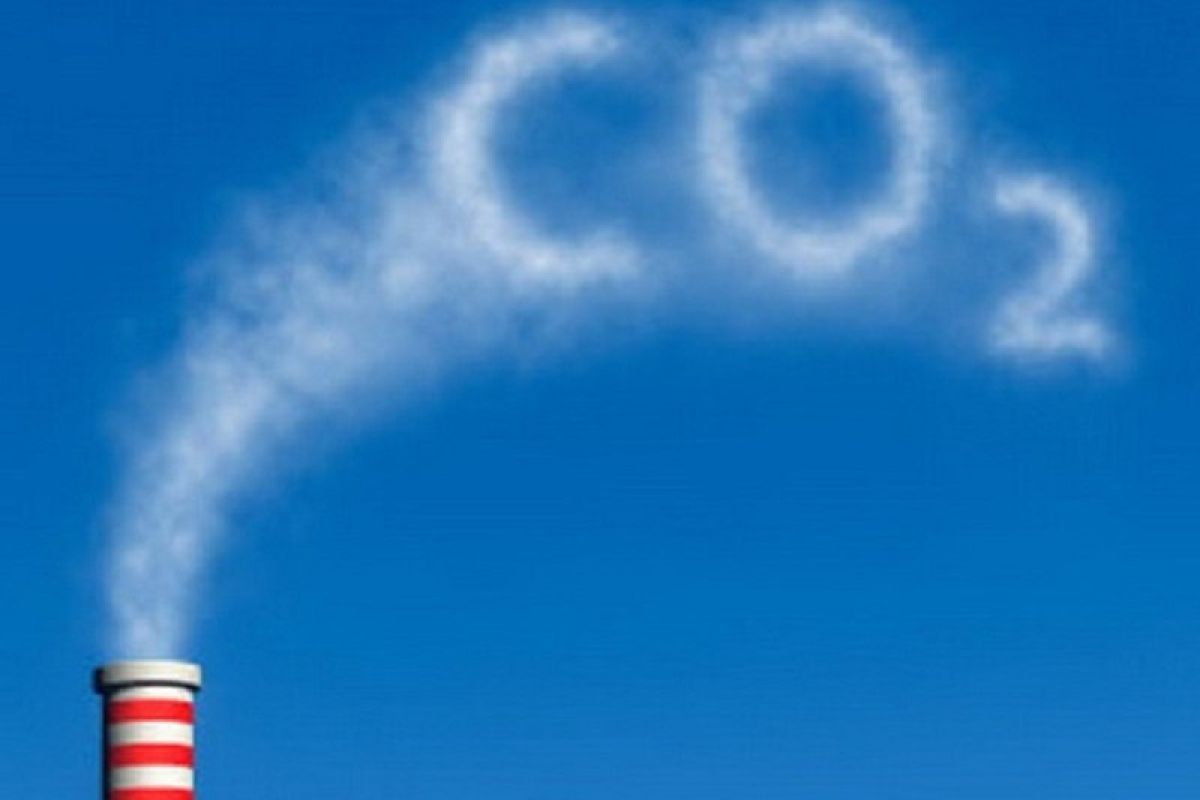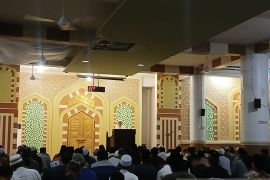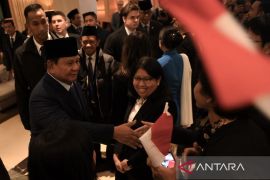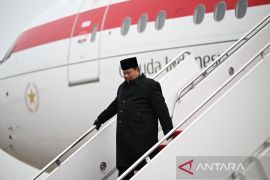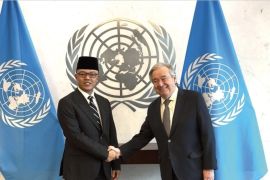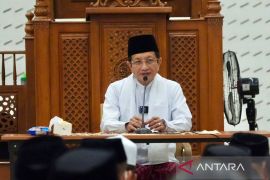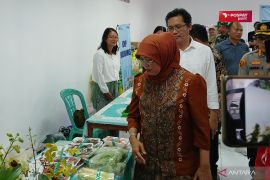Information and explanations from the government regarding the carbon tax mechanism, for example several sectors that will be taxed and how to calculate the basis for taxation, can provide certainty for the industrial circleJakarta (ANTARA) - Energy policy observer Fabby Tumiwa expects clearer and more transparent communication to the industry and business actors regarding the plan to implement a carbon tax.
The IESR Executive Director deems that communication with stakeholders must be carried out given that the plan to implement carbon economic value can encourage Indonesia's competitiveness in the global market.
"Information and explanations from the government regarding the carbon tax mechanism, for example several sectors that will be taxed and how to calculate the basis for taxation, can provide certainty for the industrial circle," Tumiwa said in a statement here on Sunday.
Related news: Indonesia encourages utilization of CCUS technology
He said mechanism for implementing the carbon economic value through a combination of cap and trade and the imposition of a carbon tax is an ideal way for Indonesia to accelerate the implementation of carbon economic value.
The plan to implement the cap and trade mechanism is currently being discussed through the draft of Presidential Regulation on the Economic Value of Carbon (NEK) as well as the implementation of a carbon tax through the Draft Law on General Provisions and Tax Procedures.
In the industrial sector, the cap and trade mechanism and carbon tax can be applied to different sub-sectors taking into account efficiency, effectiveness and impact on overall economic activity in Indonesia.
Related news: Environment, Forestry Ministry drives blue carbon inclusion in NDC
He gave an example of electricity sector which can use the cap and trade scheme as a mechanism for mitigating carbon emissions, including the IPP's Steam Power Plant (PLTU). Moreover, the scheme has been implemented internally by PT Perusahaan Listrik Negara (PLN) at various PLTUs.
On the other hand, the implementation of a carbon tax can be carried out in the transportation sector, where every volume of fossil fuel sold has taken into account the carbon tax on fuel emissions, so that the calculation and basis for the imposition of carbon taxes can be easier and more transparent.
Meanwhile, the founder of the Indonesian Smart Network Initiative (PJCI) Eddie Widiono reminded the importance of the economic value of carbon for Indonesia's competitiveness so that the issuance of regulations related to this must be carried out.
The concept of a country's competitiveness in the current global market has changed since the concept is not only determined by the quality or price of goods and services, but also takes into account the costs of externalities arising from the carbon emission footprint of goods and services.
"Delaying the implementation of carbon economic value with the aim of maintaining Indonesia's competitiveness is actually counterproductive to the current view of competitiveness at the global level," he said.
Related news: Politicians, academics reject discourse on constitutional amendment
Related news: Vaccination in industrial sector reduces COVID-19 risk by 80 percent
Translator: Satyagraha, Katriana
Editor: Fardah Assegaf
Copyright © ANTARA 2021
